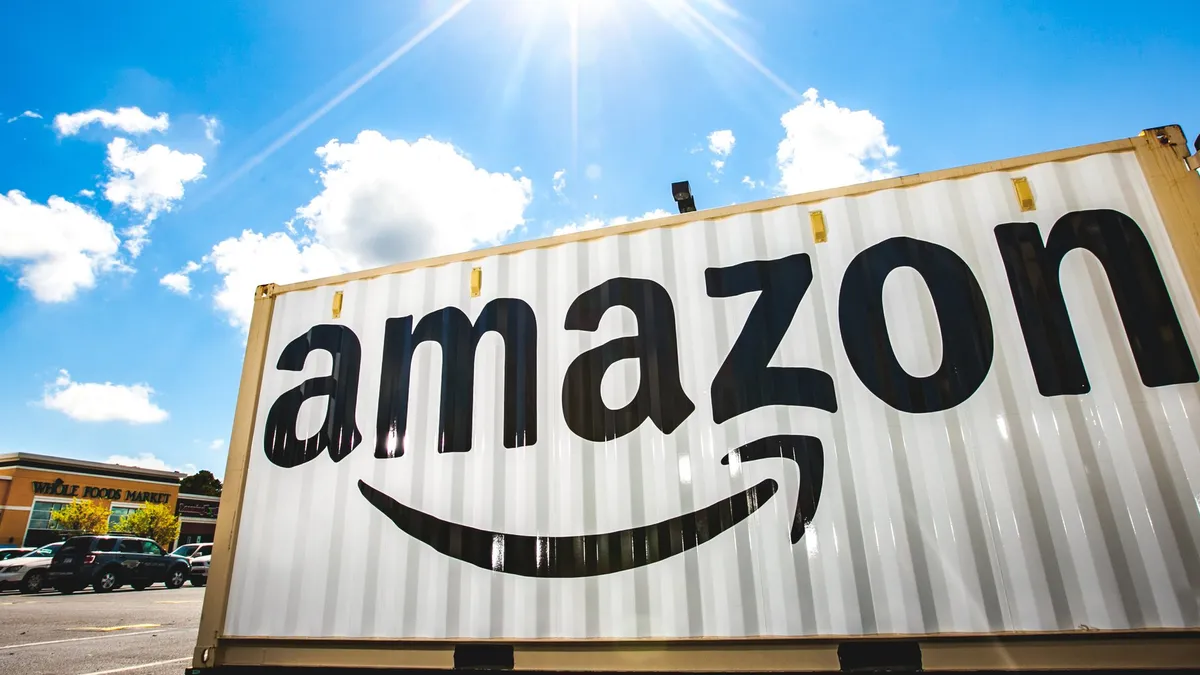Dive Brief:
- Amazon Web Services signed five-year, $500 million contracts with Symantec and SAP, according to an internal memo reviewed by Bloomberg. Annual earnings for $1 billion cumulative deals will amount to just under 1% of AWS' annualized revenue. The deals mark expansions of existing partnerships with the leading cloud provider.
- AWS' biggest competitor in the cloud infrastructure and platforms market, Microsoft, reportedly vied for the Symantec deal as well, based off the memo. AWS's agreement with Symantec will will migrate products including Managed Service, Network Protection and Website Security Service to AWS and increase Symantec spending with the cloud provider more than sevenfold, Bloomberg reports. With the deal, more than 80% of the cybersecurity company's cloud spending will fall to AWS.
- The SAP deal centers on compute and storage services, data management, internet of things and artificial intelligence. Despite increased spending with Microsoft and Google in the last year, SAP's spending with AWS "stays pretty stable" around 70%, according to Bloomberg.
Dive Insight:
Signing on big-name cloud clients is an important public indicator of momentum and success, a top cloud providers are quick to tout the household and Fortune 1000 names that sign on with them.
Amazon's retail business has proved a roadblock for retaining or signing high-profile customers with competing interests. Target and Walmart, for example, have announced or expanded partnerships with Azure and Google Cloud Platform this year.
But adding $1 billion in deals to the mix still paints a rosy picture for AWS. Most enterprise technology companies are banking on a hybrid and multicloud strategy, but with 70% and 80% of their cloud spending going to AWS, Symantec and SAP are showing a clear case of loyalty and trust with the No. 1 provider.
SAP also recently expanded its cloud partnership with Alibaba to bring its cloud platform and S/4HANA products to Alibaba infrastructure for Chinese customers. But in the U.S. market, Alibaba is reportedly scaling back its expansion plans following a slow start.
Symantec, meanwhile, is working to change its perception from being a legacy company to a modern security provider. Innovating and moving more business parts to the cloud are important pieces of that transition.












